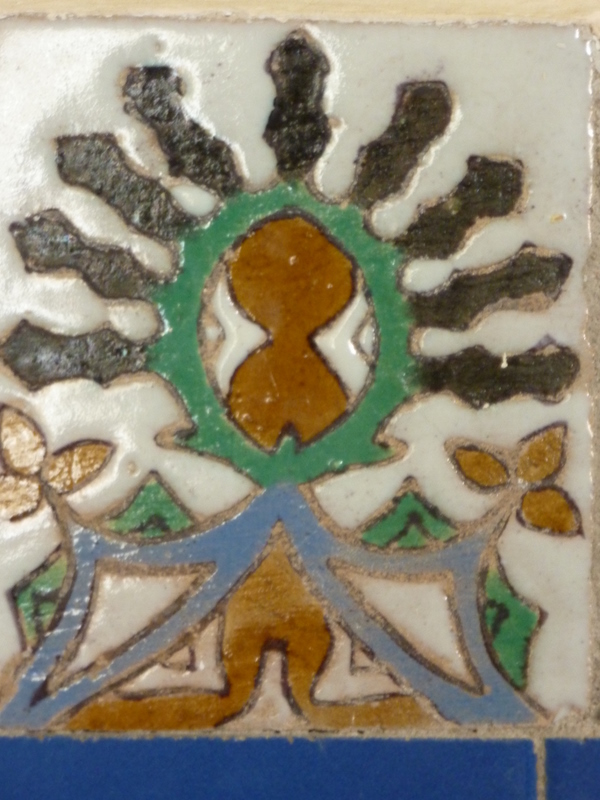Lecturas recomendadas en C.Paliativos Pediátricos
Bibliografía en internet sobre cuidados paliativos pediátricos. Recursos on line en español y en Inglés. Heathers L. Rogers, Catherine D¨Souza y Satbir Jassal. Medicina Paliativa en niños y adolescentes. 2015. PSF. 699--708 Nadie puede procurarte paz salvo el triunfo de los principios. Ralph Waldo Emerson DESCARGAR PDF











